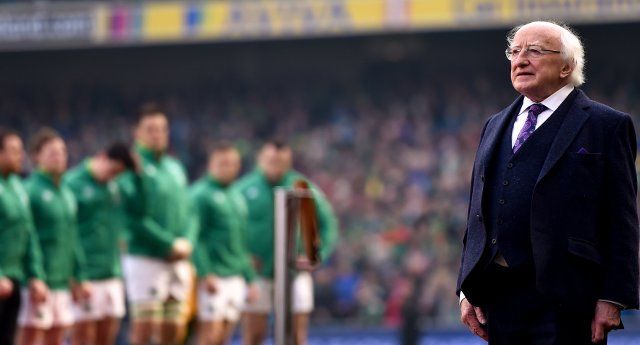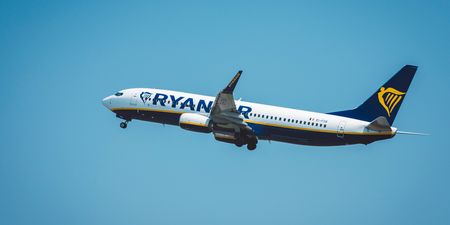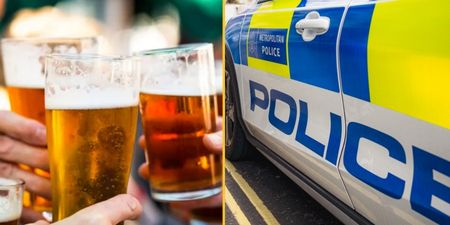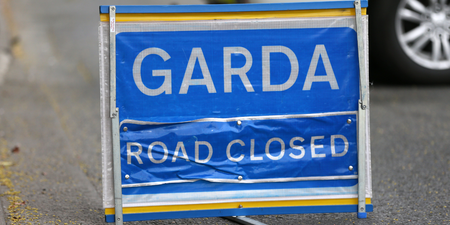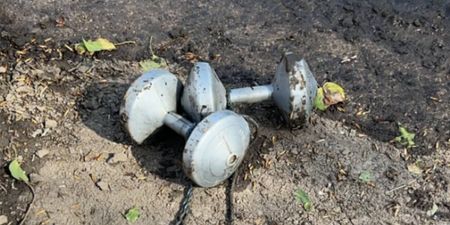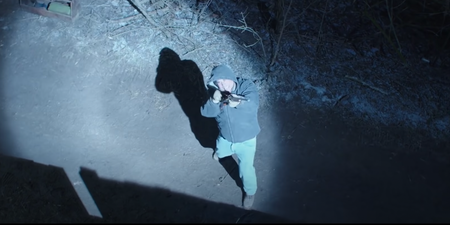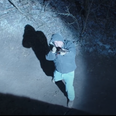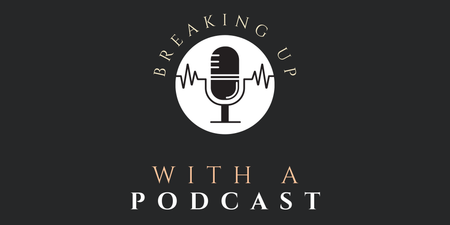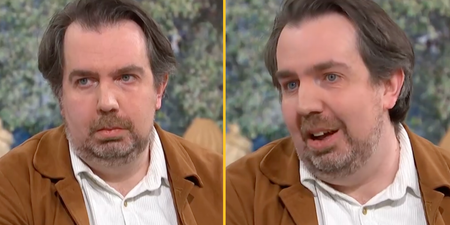“Like all precious things, the National Anthem is worthy of protection and care.”
A new report from the Seanad Public Consultation Committee has argued for the introduction of specific protocols in relation to the use of the National Anthem.
Published on Tuesday, the Seanad Public Consultation Committee Report on the Status, Treatment and Use of the National Anthem proposes that every primary and secondary school in the country should be tasked with teaching the anthem in a variety of ways.
The protocols would apply to the versions of the National Anthem in Irish, English, Irish Sign Language, and the musical notation provided by the Irish Defence Forces School of Music.
The Presidential Salute would also be given recognition in these protocols.
The report also states that school children should be encouraged to hold events on the eve of St. Patrick’s Day where the National Anthem could be performed in Irish, English and/or Irish Sign Language.
Those annual events could also feature a celebration of the national flag alongside the anthems and flags of children of different background, the report suggests.
Furthermore, Irish citizens both at home and abroad, as well as new citizens of Ireland, are urged to become acquainted with the anthem “to add to a sense of national pride and belonging.”
It has also been proposed that a copy of the National Anthem and the protocols for its use be issued with all Irish passports, given that the musical notation for the anthem is already included.
Speaking upon the release of the report, Seanad Leas-Chathaoirleach and Committee Chairman, Senator Paul Coghlan hailed the impact of the famous anthem over the years.
Coghlan noted that he was “deeply honoured” to have the descendants of Peader Kearney – who wrote the lyrics for ‘The Soldier’s Song’ in late 1909/early 1910 and Liam O’Rinn – who translated the song into ‘Amhrán na bhFiann’ in 1923 – attend and contribute to related public hearings.
“Many of us know the words of our National Anthem by heart,” said the Chairman.
“They were instilled in us in our early lives. One way or another, the melody of our National Anthem threads through the hearts of our people, including all of our new citizens who stand proudly when it is being played at citizenship ceremonies, and we know it as our national song and one that is very precious to us.
“Like all precious things, it is worthy of protection and care,” he added.
Coghlan argued that the recommendations set out in the report “give expression to the absolute pride we all have in our National Anthem.”
He expressed his desire for the proposed protocols to be taken on board by the Government, and has formally requested that the report be officially debated in Seanad Éireann.
Report rapporteur Senator Mark Daly noted that a key part of the public consultation was the recommendation from the deaf community in Ireland that an Irish Sign Language translation version be developed.
The Irish Sign Language Bill was passed into law in December 2017, enshrining civil rights for the deaf community for the first time.
“The National Anthem belongs to all Irish people. The Irish Flag, Harp and Anthem are important symbols of our State and are worthy of respect and protection because of what they represent,” said Daly.
“The Flag is protected by international copyright law and is enshrined our Constitution.
“The Harp is the State symbol of the Irish people and represents our cultural and musical traditions. It has a patent placed upon it by the State for its protection.”
You can read the full report here.
LISTEN: You Must Be Jokin’ with Aideen McQueen – Faith healers, Coolock craic and Gigging as Gaeilge
